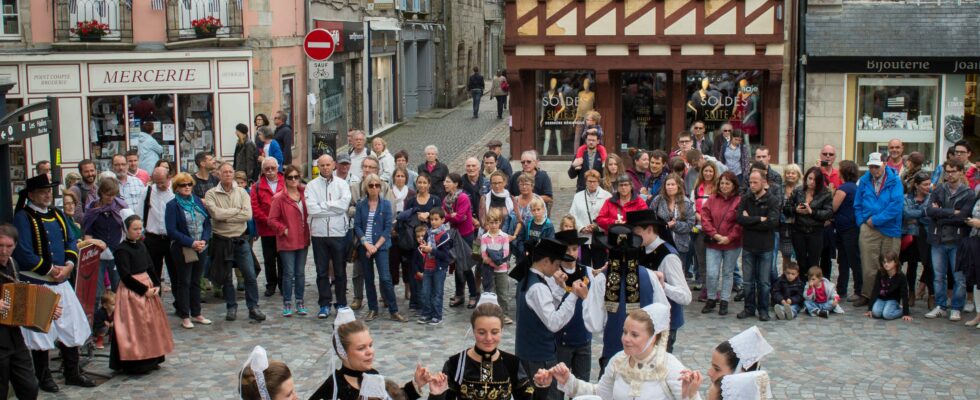It’s not just Barcelona and Istanbul that know how to hypnotize partygoers. In Quimper, too, we reclaim the night. Municipalities “have become aware of the need to develop a global policy, particularly since Covid”, explains the geographer Luc Gwiazdzinski* who was associated with this reflection in Quimper. “We can regret the conflicts between “the city which sleeps” and “the city which ‘fun’, but There is no point in burying your head in the sand, he continues. Better to co-construct intelligent solutions and define together “how far not to go”. “
Still, reconciling dynamism and tranquility is not an easy task. To achieve this, the city commissioned the Culture Bar-Bars collective to carry out a diagnosis with the different actors of the night. 29 actions were selected by the night council, Kemper Noz, launched in 2022, for implementation by 2026.
The priority is to resolve conflicts of use, particularly in the historic center. With sound level meters in support, the municipality has increased mediation between local residents and establishments and created an extra-municipal commission on drinking establishments in 2023, bringing them together with the prefecture and the police forces. A way to resolve conflicts, but also to prevent them. With a first success in the Locmaria district, where the bar La Baleine déhydratee disagreed with around twenty local residents annoyed by the nighttime noise. “By reducing the number of concerts and scheduling theatrical events, the situation has calmed down,” explains the socialist mayor, Isabelle Assih. An appeasement mainly linked to the drop in attendance at the place, from which customers had turned away under the double effect of Covid and competition, explains a local resident. The establishment has since closed its doors.
But nighttime isn’t just the domain of partygoers. The diagnosis also highlighted the specific needs of night workers, many of whom in this land of food companies forced to work three shifts. Since then, the city has extended its on-demand bus service, Qub Noz, until midnight, “transporting 30 to 40 people per day”, indicates the mayor. It has also set up a Qub Mat from 4 a.m. in the city’s activity zones. A valuable initiative, in particular for cleaning agents, to whom childcare services are also offered.
Video protection devices
To reassure Quimper residents traveling at night, the municipality has also adopted the system Ask Angela, invented in the United Kingdom. Around sixty places (bars, hotels, shops, etc.) can be identified thanks to a sticker affixed to the windows, where anyone feeling unsafe knows they can find refuge. Not enough, however, in the eyes of Guillaume Menguy, the leader of the opposition. “Nothing will replace the presence of law enforcement and video protection devices,” he believes.
That’s not all. Shuttles connecting the city center to night establishments have been set up. And a van regularly crisscrosses the festive locations, with prevention and mediation professionals. “Launched on an experimental basis in 2024, it will operate again 12 times in 2025,” explains Guillaume Choux, from the tranquility department. Enough to allow the city to multiply sporting and cultural events in the evening. In Quimper more than elsewhere, the future belongs to those who go to bed late!
*Coordinator of the National Nightlife Platform, he has intervened in many cities such as La Rochelle, Saint-Nazaire, Strasbourg, Montreuil, etc.
